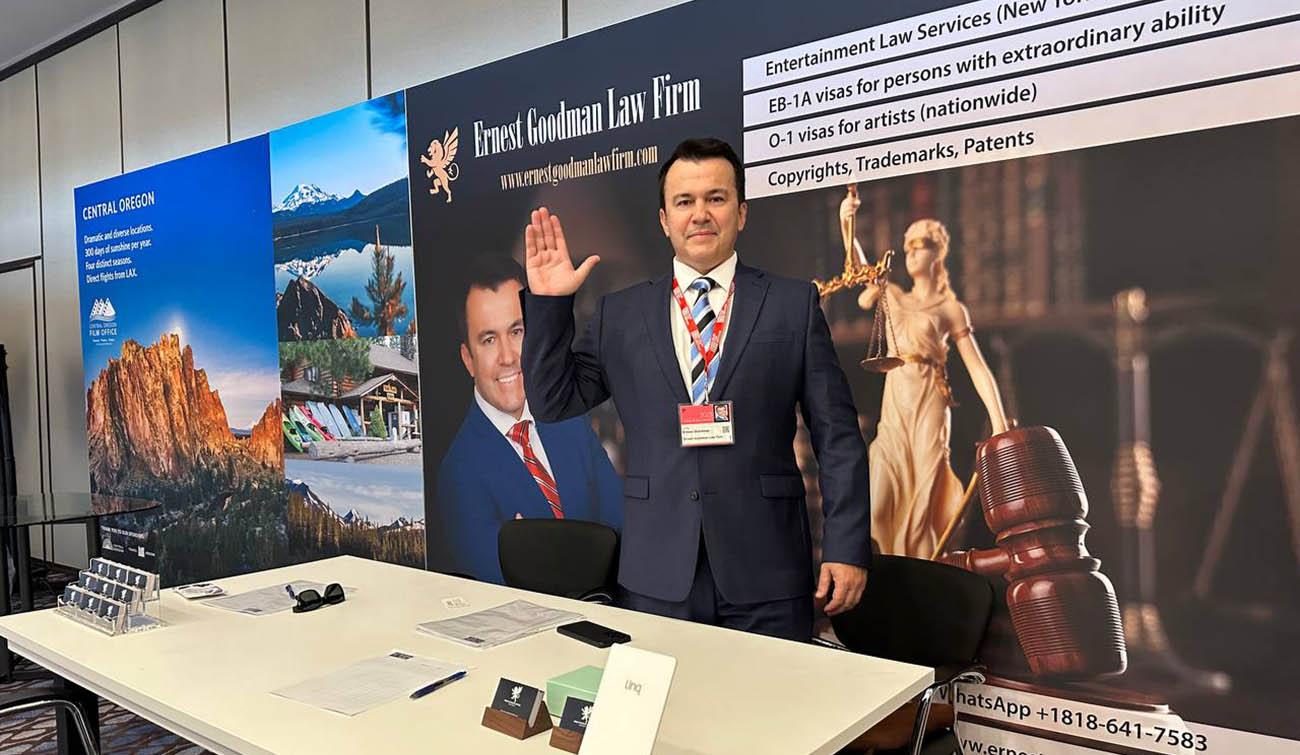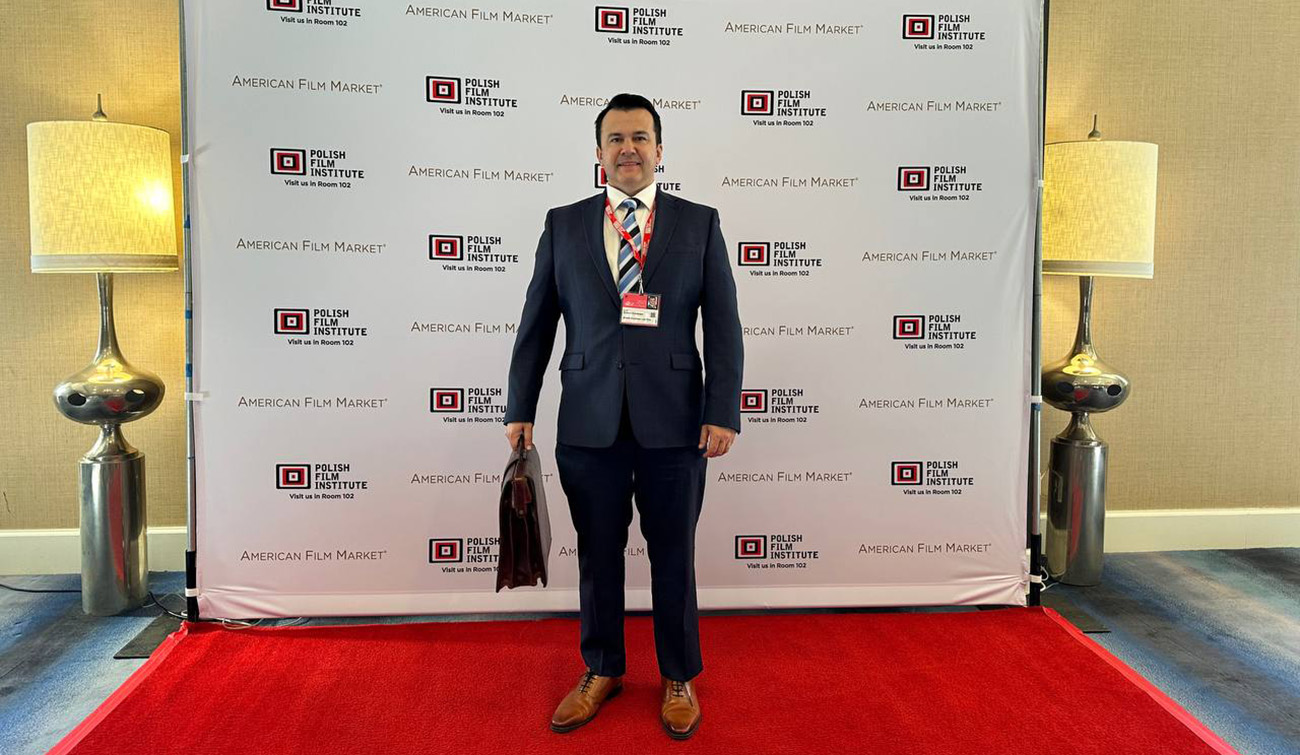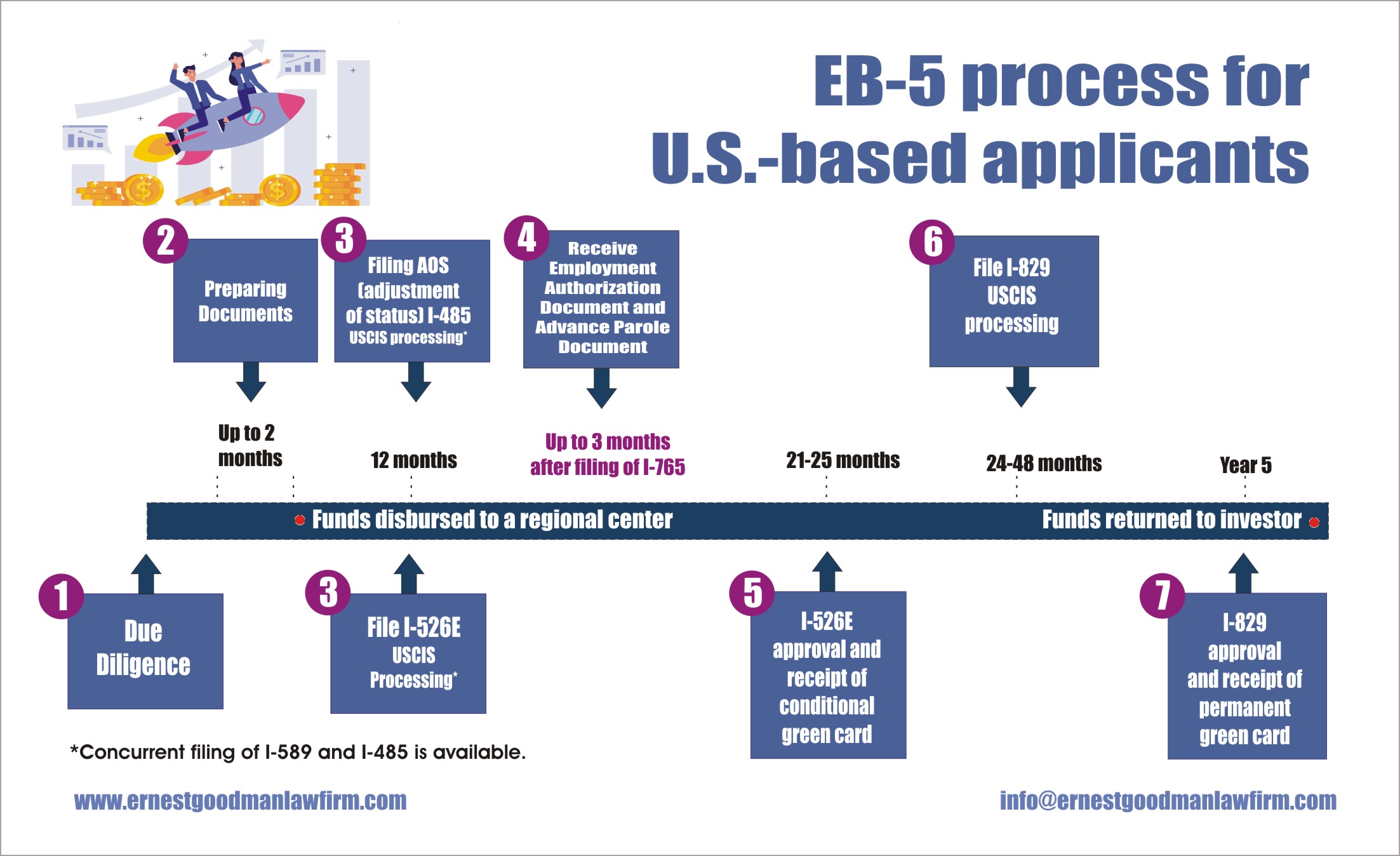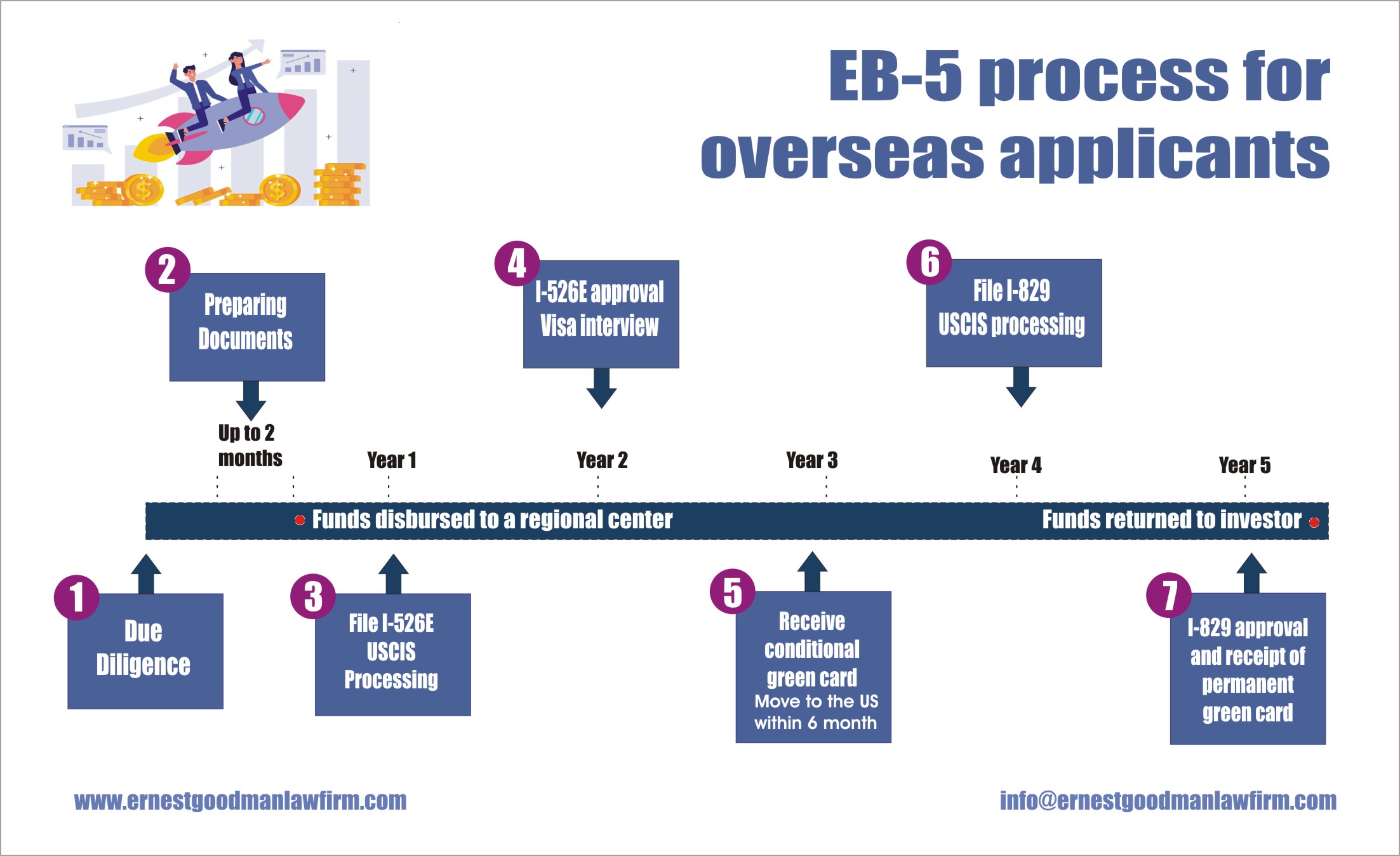Parole in Place for Undocumented Immigrant Spouses of US Citizens
On June 18, President Joe Biden announced a new program that will allow certain spouses of United States citizens to apply for “parole-in-place” from the Department of Homeland Security (DHS). This program, which is not yet open for applications, will enable up to 550,000 people to receive temporary protections and work permits in the United States. Additionally, it will allow them to apply for lawful permanent resident (LPR) status (also known as a green card) through their spouses without risking years of separation from their families....
Continue reading




















